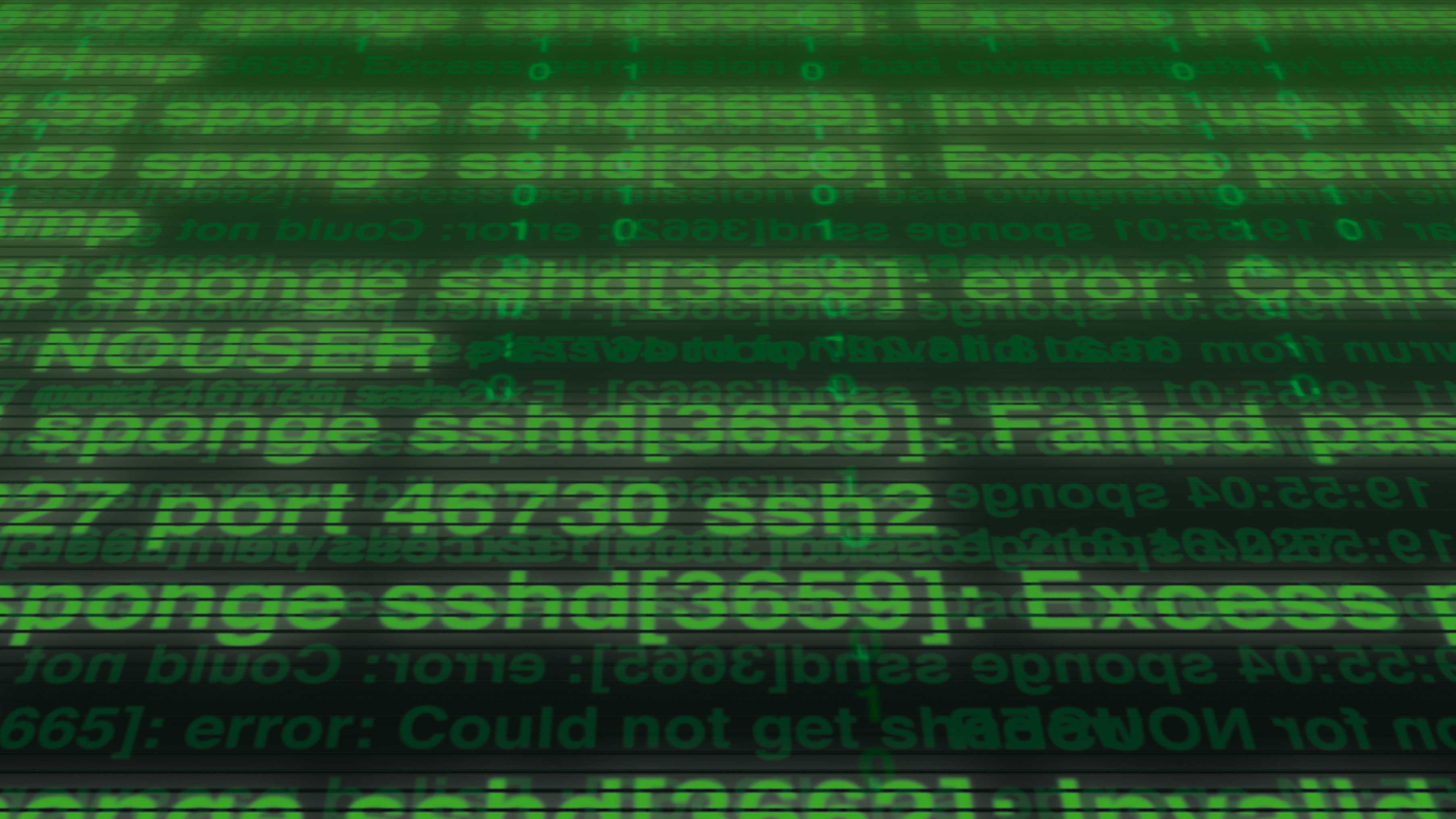New internet routing system keeps your data out of certain countries
Where is your data going?

Sign up for breaking news, reviews, opinion, top tech deals, and more.
You are now subscribed
Your newsletter sign-up was successful
With more and more of our personal data going online, concerns over censorship or data retention in certain parts of the world are becoming more of a concern.
But according to a new report, computer scientists at the University of Maryland have developed a new, simple internet routing method that will be able to make sure data is not sent through specific parts of the world for whatever reason you determine.
"With recent events, such as censorship of internet traffic, suspicious 'boomerang routing' where data leaves a region only to come back again, and monitoring of users' data, we became increasingly interested in this notion of empowering users to have more control over what happens with their data," project lead Dave Levin told PhysOrg.
Where in the world
The internet routing method developed by the team is called Alibi Routing and allows for data, which is broken down into packets, to be sent to its destination while avoiding "specified forbidden regions."
For this to work, however, the system needs to locate other users who are also using Alibi Routing - called peers - around the world, through which system is able to provide proof that the data went through a 'safe' region.
It doesn't always need peers to work, as if you are sending information to a friend who lives in the same city as you, the data isn't likely to travel around the world before it gets to its destination.
Levin says that for Alibi Routing to better work, it will need more users around the world to use it. As such, the team will be releasing it later this year, likely in plug-in form, for users to test it around the world.
Sign up for breaking news, reviews, opinion, top tech deals, and more.